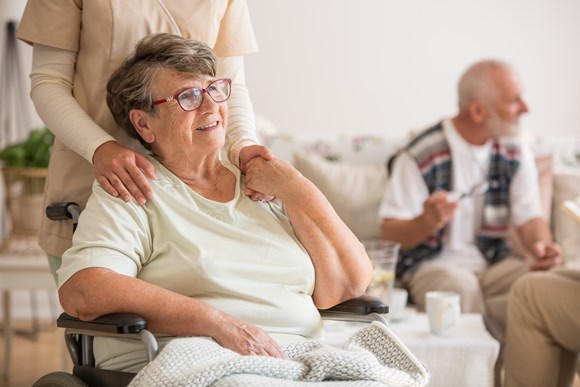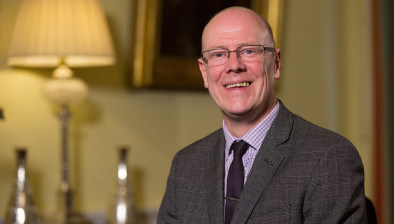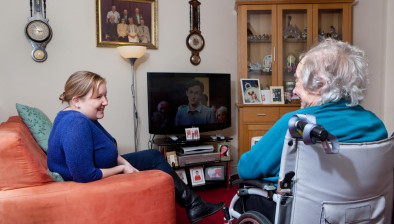Edinburgh expands ‘home first’ model of health and social care
Members of the Edinburgh Integration Joint Board (EIJB) have approved plans to accelerate approaches to care for people at home and in a homely setting.

Designed to reduce the number of people being delayed leaving hospital and improve the care patients receive in their own community, Edinburgh’s ‘home first’ approach sets out plans to shift health and social care systems to provide greater support for people in their own or familiar surroundings.
The model has already been introduced at the Western General Hospital, where a new post of home first navigator has been filled to support clinicians to think differently and explore possible alternatives for patients to an extended hospital stay, tailored to an individual’s needs.
Simultaneously, the EIJB has reported a sustained improvement in waiting times to leave hospital and in the number of bed days being lost.
Between April 2018 and August 2019, Edinburgh has recorded a reduction of nearly 2,000 occupied bed days attributed to delays.
Following approval of the plans at a meeting of the board this week, the EIJB will redirect £0.6 million freed up by reconfiguration of NHS Lothian’s bed-base towards community services in the North of the city, working with health and social care staff, partners, carers and contractors to develop ‘home first’ further.
Angus McCann, chair of the Edinburgh Integration Joint Board, said: “We have made significant progress getting people home safely, quickly and in reducing the number of bed days lost.
“While this improvement is very positive, we’ve reached a stage where a new approach is needed – one which prioritises a patient’s options and choices, improves their chances of living independently, supports really meaningful collaboration between health workers and communities and reduces waiting times even further.
“Research tells us that the earlier people get out of hospital, the less likely they are to end up back on a ward. Indeed, people in Edinburgh tell us that they don’t want to stay in hospital any longer than is necessary.
“Our shift to support a community-focused model of care, through the expansion of our ‘home first’ model, will help us care for more people in their own homes or homely settings. It will see us step up the care we provide locally and support care workers to have the confidence to admit people to hospital only when it is the best option for them.”









